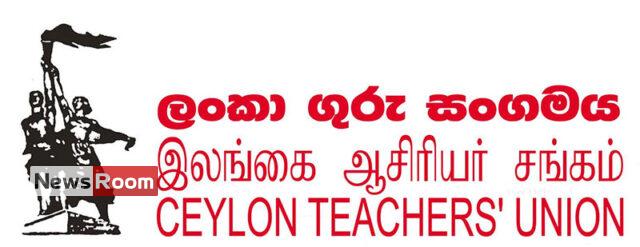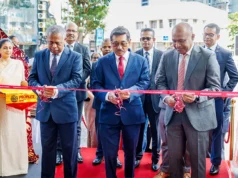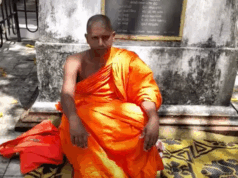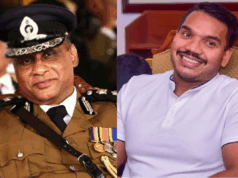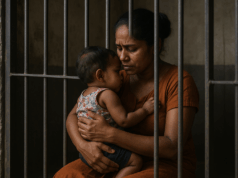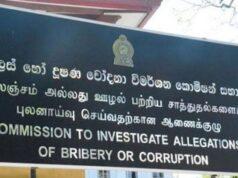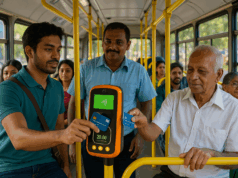An estimated 10% of girls are married before the age of 18 in Sri Lanka, as the Muslim Marriage and Divorce Act (MMDA) does not set a minimum age for marriage enabling any Muslim Quazi (judge) to even authorise the marriage of girls under the age of 12, says a report published by the World Organization against Torture (OMCT).
The report, titled ‘Sri Lanka: child marriage is legalized torture,’ said that South Asia has the highest number of child brides, with around 290 million children married before the age of 18. Despite gains in reducing child marriage in recent decades, progress remains slow and has been further hampered by the Covid-19 pandemic, economic crisis and wars.
It said: “One of them is Shafeeka. When her father died, her mother had to migrate to the Middle East as a domestic worker and Shafeeka, who was 16 years old at the time, was married off to a man twice her age as his second wife. No longer allowed to go to school, she got pregnant with her first child at 17 and with her second at 19 years old. “Instead of carrying books to school, I carried two babies” says Shafeeka, who regrets that she will never get her childhood back. When her second child was two years old in 2021, her husband went abroad for work. She has not heard from him since.
“Based on a patriarchal interpretation of the Sharia law, the MMDA has long been criticised at both domestic and international level by United Nations experts. Girls married before the age of 18 are more likely to suffer physical, sexual and emotional violence at the hands of their husbands. In addition, child marriage is often associated with early and frequent pregnancies leading to high rates of maternal morbidity and mortality. Because of its harmful effects on the mental and physical health of girls and the potential threat it poses to their lives, the UN Committee against Torture and the UN Special Rapporteur on Torture have considered child marriage to be a form of torture or cruel, inhuman, or degrading treatment.
“The MMDA is administered by Quazis who are outside of Sri Lanka’s formal judicial structure despite being financed through taxes. Women are not allowed to be Quazis. Muslim women’s access to justice is therefore severely limited. Litigants before the Quazi system are not allowed to be represented by a lawyer. Many women have reported discriminatory decisions as well as humiliation and verbal abuse by Quazis.
“On the eve of the International Day on the Elimination of Violence against Women, the World Organisation against Torture and Women’s Action Network Sri Lanka call on the Sri Lankan government to criminalise child marriage and to establish a programme to provide social security and education to married children.”

